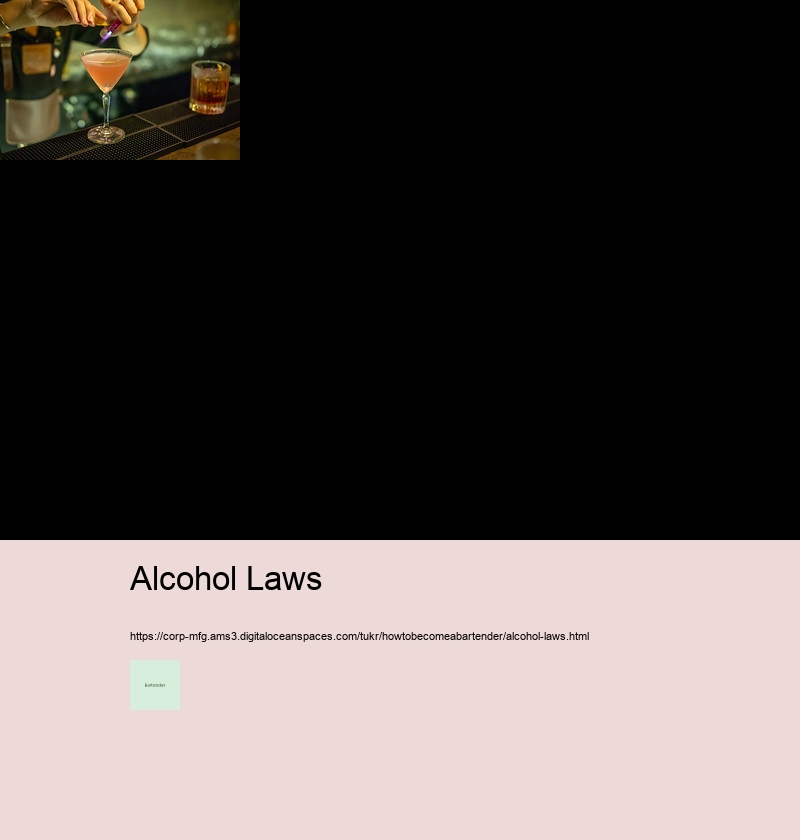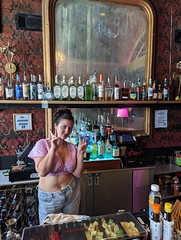Alcohol Laws
Definition of Qualifications
Alcohol laws have been around for centuries! (Though often ignored) In the beginning, they were meant to protect people from harm. But over time, these laws have become stricter and more complex. For example, in some states it is illegal to purchase alcohol without a license or permit. Make a polished resume highlighting any hospitality experience and training Interpersonal Skills certifications. Practice flair bartending with bottles and shakers to hone your showmanship skills how to become a bartender hospitality. Get experience by taking a barback job at a restaurant or club Interpersonal Skills audition. Familiarize yourself with point of sale systems and cash handling procedures how to become a bartender point of sale systems. Additionally, many states have put age restrictions on purchasing and consuming alcohol.
However negation has also played a part in the history of alcohol laws. For instance, (in some countries) there are no legal regulations on how much alcohol can be consumed by an individual at one time! Similarly, in certain areas people are allowed to produce their own beer and wine for personal consumption without any need for licensing or permits. This contrasts with other areas where producing your own alcoholic beverages is strictly prohibited!
Furthermore, different countries have taken unique approaches when it comes to enforcing their alcohol laws. While some may be lax about punishing individuals who break the law, others may impose harsh penalties or even incarceration for violating said rules!
Overall, the history of alcohol laws is fascinating and far reaching! It's clear that while these regulations are meant to keep us safe, they can also vary greatly depending on location and culture. Transitioning now...It will be interesting to see how these laws continue to evolve over time as society changes and new technologies are developed.






